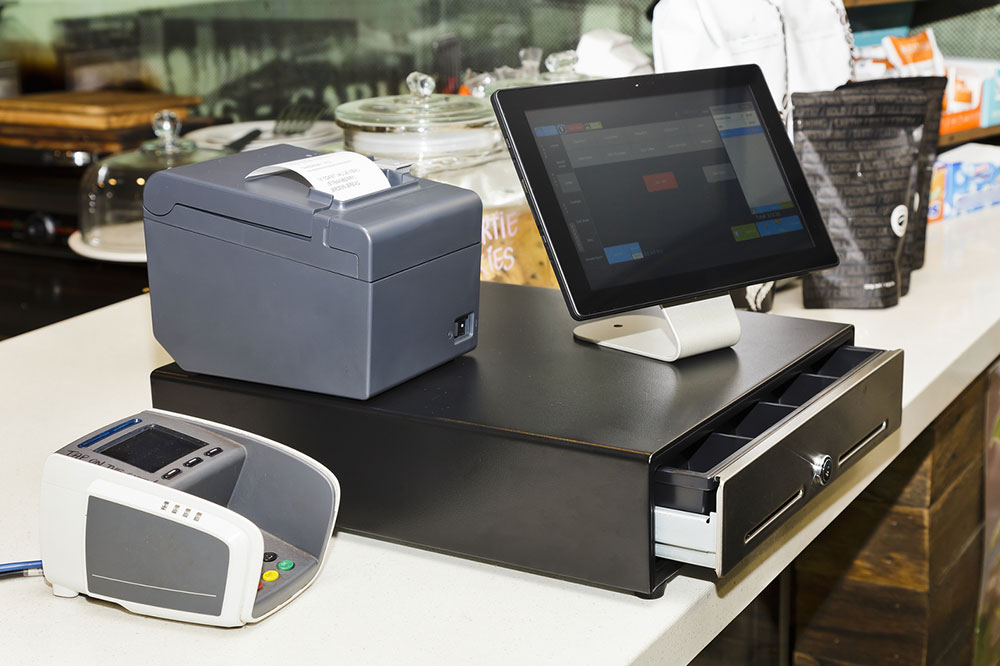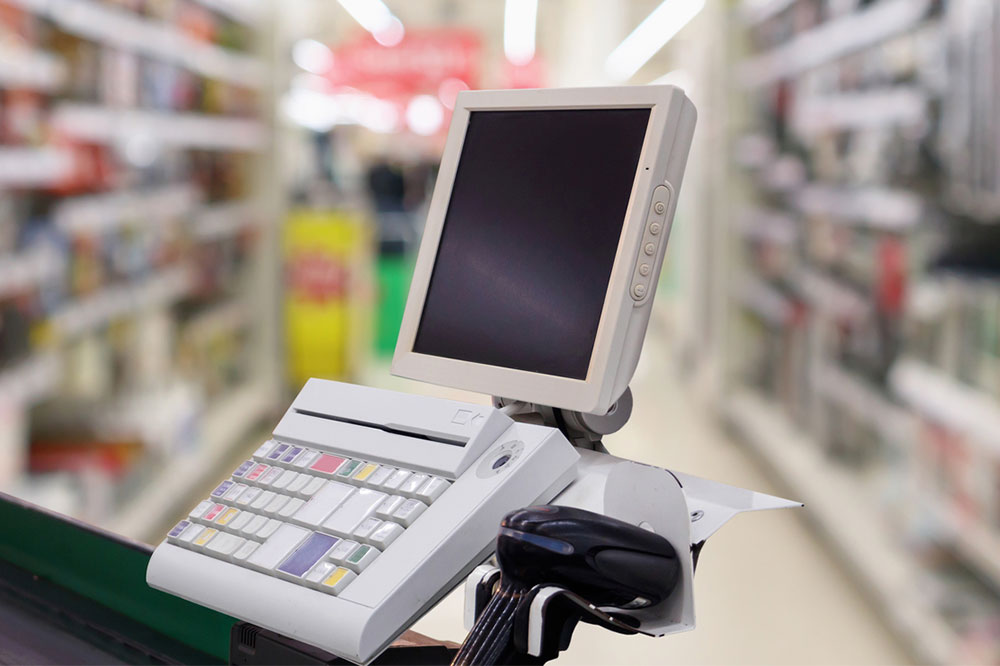Essential Features of Top POS Systems for Boosting Retail Success
Discover the four essential features of top POS systems that can transform retail operations. From cloud storage and detailed sales analytics to user-friendly interfaces and staff management tools, learn how the right POS system boosts efficiency, enhances customer experience, and drives business growth. Understand what makes a POS system indispensable for retail success in today's competitive market landscape.

Point Of Sale (POS) systems have become the backbone of efficient sales management for retail outlets and online stores, transforming traditional checkout methods. Moving beyond the conventional cash register, modern POS solutions integrate seamlessly with various business management tools such as enterprise resource planning (ERP) systems, inventory management, customer relationship management (CRM), and analytics platforms. These integrations streamline operations, improve accuracy, and provide valuable insights, ultimately driving business growth. For retailers aiming for competitive advantage, understanding the key features of advanced POS systems is crucial. Here, we explore four critical features that any leading POS system should possess to ensure retail success.
1. Cloud Storage: Ensuring Data Security and Accessibility
One of the defining features of modern POS systems is cloud storage, which revolutionizes how retail data is stored and accessed. Traditional POS setups often relied on on-site hardware and local data storage, making data vulnerable to hardware failures, theft, or localized disasters. Cloud-enabled POS systems address these vulnerabilities by hosting data on secure servers in data centers protected by advanced cybersecurity measures. This setup offers several significant advantages:
Data Security: Cloud providers deploy encryption, firewalls, and regular backups to protect sensitive sales and customer data. In case of hardware failure or software issues, data can be easily restored without significant hassle.
Remote Access: Business owners and managers can access real-time data from any location with an internet connection. This flexibility allows for better decision-making, inventory management, and sales tracking, whether at a physical store, warehouse, or on the go.
Scalability: As your retail operations grow, cloud storage can scale effortlessly to accommodate increased data volume without needing substantial hardware investments.
By adopting cloud-based POS solutions, retailers can protect their data, ensure business continuity, and make informed decisions faster, enhancing overall operational efficiency.
2. Comprehensive Sales Analytics: Data-Driven Business Strategies
Modern POS systems come equipped with advanced analytics capabilities that digest transaction data and generate detailed reports. These insights are invaluable for developing targeted marketing strategies, managing inventory effectively, and understanding customer preferences. What makes comprehensive sales analytics essential for retail success?
Detailed Reporting: Daily, weekly, monthly, and yearly sales data provide a clear view of performance trends. Retailers can identify peak sales periods, popular products, and declining categories to adjust marketing efforts and stock levels accordingly.
Performance Monitoring: Analytics tools allow for monitoring individual employee sales, helping identify top performers and areas where additional training or support may be needed.
Forecasting and Planning: Historical sales data supports accurate forecasting, enabling more precise inventory ordering, staff scheduling, and promotional campaigns.
In addition to basic sales tracking, advanced analytics can incorporate customer purchasing behaviors, loyalty program effectiveness, and profit margins, providing a holistic view of retail business health. This data-driven approach leads to smarter decision-making, increased sales, and improved customer satisfaction.
3. User-Friendly Interface: Enhancing Efficiency and Customer Experience
An intuitive, easy-to-navigate interface is critical for minimizing transaction times and reducing user errors. A well-designed POS user interface ensures smooth operations during busy hours, keeps staff engaged, and improves overall customer experience. Key aspects of a user-friendly POS UI include:
Simplified Navigation: Clear menus and logical workflows help staff locate functions quickly, reducing transaction times and wait times at checkout points.
Product Variants Support: The ability to easily select different product options such as size, color, or style enhances shopping convenience for both staff and customers.
Transparent Billing: Clear itemization, taxes, discounts, and totals improve transparency, building trust and reducing checkout disputes.
Customization: Retailers should be able to customize the interface to match their branding and specific operational needs for better adoption.
An effective POS UI not only speeds up transactions but also simplifies employee training, reduces errors, and delivers a smoother shopping experience that encourages repeat business.
4. Staff Management Tools: Optimizing Workforce Efficiency
Beyond processing sales, top POS systems offer robust staff management features. These tools help retailers monitor employee activities, evaluate performance, and organize work schedules effectively. Why is this important? Because a well-managed staff directly impacts customer satisfaction and operational productivity.
Sales Monitoring: Tracking individual employee sales provides insights into productivity and helps identify the most effective team members.
Performance Evaluation: By analyzing transaction data linked to staff activities, managers can recognize top performers, identify training needs, and motivate employees accordingly.
Scheduling and Attendance: Integrated scheduling tools help allocate staff during peak hours, reduce overtime costs, and manage leave requests seamlessly.
Access Control: Restrict staff access to sensitive data and functions to ensure security and operational integrity.
Effective staff management features contribute to a motivated workforce, better customer service, and streamlined daily operations—key factors for retail success.
Conclusion
Choosing the right POS system is a strategic decision that can significantly influence your retail business's efficiency, growth, and customer satisfaction. Features like cloud storage ensure data security and accessibility, advanced analytics support data-driven decision-making, an intuitive user interface streamlines transactions, and staff management tools optimize employee performance. Leading POS solutions incorporate these features to cater to the evolving needs of retailers in a highly competitive landscape. Investing in a comprehensive POS system aligned with your specific operational requirements will set your retail business on a path toward sustained success and expansion.





